Warren K. Bickel (Virginia Tech Carilion Research Institute, Virginia Polytechnic Institute and State University)
Dr. Bickel is the Director for the Addiction Recovery Research Center at the Virginia Tech Carilion Research Institute; Professor in the Department of Psychology at Virginia Tech; Professor in the Department of Psychiatry, Virginia Tech Carilion School of Medicine; and Virginia Tech Faculty of Health Sciences. He received his Ph.D. in developmental and child psychology from the University of Kansas and completed post‑doctoral training at Johns Hopkins University School of Medicine. He has taught and led research programs at the Albert Einstein College of Medicine, the University of Vermont, and the University of Arkansas for Medical Sciences. NIH has funded Dr. Bickel’s work continuously since 1988.
Dr. Bickel is the recipient of numerous awards and honors including the Joseph Cochin Young Investigator Award from the College on Problems of Drug Dependence (CPDD), an NIH Merit Award from NIDA, Researcher of the Year from the Arkansas Psychological Association (ArPA) , the International Don Hake Translational Research Award from APA Division 25, and the Brady-Schuster Award from APA Division 28. He was selected as one of APA’s 2012 Distinguished Scientist Lecturers by the APA Science Directorate and Board of Scientific Affairs and was the 2014 recipient of the Distinguished Alumni Award from the University of Kansas. He has served as President of CPDD, President of APA Division 28 - Psychopharmacology and Substance Abuse, and President of APA Division 50 - Society of Addiction Psychology. Dr. Bickel was Editor of the journal, Experimental and Clinical Psychopharmacology, has co-edited five books, and has published over 340 papers and chapters.
Suzanne H. Mitchell (Oregon Health & Science University)
Suzanne H. Mitchell, Ph.D., is a Professor at Oregon Health & Science University (OHSU) in the Behavioral Neuroscience and Psychiatry departments. She obtained her undergraduate degree at the University of Hull, England and her Ph.D. at SUNY-Stony Brook. Her thesis examined the economics of foraging behavior of rats, examining the role of the energetic costs and benefits in feeding. Her committee was chaired by Howard Rachlin, whose influence made her sensitive to the role of temporal costs as well as energetic costs in determining the value of food rewards. During a post-doctoral fellowship at the University of Chicago, Dr. Mitchell worked with Harriet de Wit focusing on using behavioral economics as an explanation for use of alcohol, cigarettes, and amphetamine in humans. During that time she also began collaborating with Jerry Richards on delay discounting studies with rats. Dr. Mitchell moved her lab to OHSU in 2001 from the University of New Hampshire to devote more time to research, particularly looking into why drug users tend to be more impulsive than non-drug users using human and animal models. Most recently she has returned to her earlier interests in energetic costs and her research has increased its scope to include effort-related decision-making in clinical populations. She has received funding from various NIH institutes (NHLBI, NIAAA, NIDA and NIH), has served on several study sections as a member and as an ad hoc participant and has received awards for education and mentoring.
Philip K. Peake (Smith College)
Dr. Philip Peake is a Professor of Psychology and Chair of the Institutional Review Board at Smith College. He was a Ph.D. student at Stanford University in 1978-1982 working with Dr. Walter Mischel who was the initiator of the now famous “Marshmallow Experiment.” Dr. Peake’s original interest in this work was to try and understand the strategies that young children use to effectively cope with contexts that require self-control, and this interest deepened as he initiated follow-up longitudinal investigations of the original children who participated in the research.
Over the years, different teams of researchers have examined how preschool delay relates to all manner of adult life outcomes, continuing to find fascinating linkages. In his current work, Dr. Peake is trying to organize these varied inquiries into a common data archive that will allow for more detailed examination of how preschool waiting relates to later life well-being. He hopes to provide insight as to why ability to delay gratification at age four might predict such a wide array of life outcomes?
Dr. Peake became interested in psychology as an undergraduate at Carleton College where, inspired by Dr. Mischel’s writings on the consistency of personality, he spearheaded a seminal investigation on the topic. Dr. Peake went to Stanford primarily intending to work with Dr. Mischel on this consistency problem. Their work together at Stanford not only produced important insights on personality consistency, but led to further experimental research on delay of gratification along with the initiation of the longitudinal research, a collaboration that was joined shortly thereafter by Dr. Shoda. From that rather unexpected beginning, this team has continued to collaborate for over 35 years. To this day, this team of collaborators continues to expand the work, hoping to derive practical interventions that will help children develop strategies for waiting and exercising self-control.
Michael L. Platt (University of Pennsylvania)
Michael Platt studies how we make decisions, using a combination of neural recordings, pharmacology, brain imaging, genetics, and computation, in humans, monkeys, and other animals. He received his B.A from Yale and his Ph.D. from the University of Pennsylvania, both in biological anthropology, and did a post-doctoral fellowship in neuroscience at New York University. His work has been supported by the National Institutes of Health, the Klingenstein Foundation, the McDonnell Foundation, the EJLB Foundation, Autism Speaks, the Broad Foundation, the Klarman Foundation, the Simons Foundation, and the Department of Defense, among others. He is a winner of the Ruth and A. Morris Williams Faculty Research Prize in the Duke University School of Medicine, and was an Alfred P. Sloan Foundation Fellow. He has given the Sage Lecture at UC Santa Barbara and has received the Astor Visiting Professor award at Oxford University (deferred). Michael has authored over 90 peer-reviewed papers and over 40 review and opinion papers, and his work has been cited over 4,000 times. Michael is an editor of major textbooks in neuroscience and cognitive neuroscience, and he is a former president of the Society for Neuroeconomics. A revered instructor and mentor, Michael won the Master Teacher/Clinician Award from the Duke University School of Medicine. He is the former Director of the Duke Institute for Brain Sciences and former Director of the Center for Cognitive Neuroscience at Duke University. Michael’s work has been featured in the New York Times, Washington Post, Wall Street Journal, Newsweek, and National Geographic, as well as on ABC’s Good Morning America, NPR, CBC, BBC, and MTV. Michael values teaching, and was a recipient of the Master Clinician/Teacher Award from the Duke University School of Medicine. He has also served as a consultant on several films, including The Fountain (Warner Bros, Darren Aronofsky, director) and as a scientific advisor to NOVA.
Valerie F. Reyna (Cornell University)
Valerie Reyna is Professor of Human Development, Director of the Human Neuroscience Institute, Co-director of the Cornell University Magnetic Resonance Imaging Facility, and Co-director of the Center for Behavioral Economics and Decision Research. Her research integrates brain and behavioral approaches to understand and improve judgment, decision making, and memory across the life span. Her recent work has focused on the neuroscience of risky decision making and its implications for health and well-being, especially in adolescents; applications of cognitive models and artificial intelligence to improving understanding of genetics (e.g., in breast cancer); and medical and legal decision making (e.g., about jury awards, medication decisions, and adolescent culpability). She is a developer of fuzzy-trace theory, a model of the relation between mental representations and decision making that has been widely applied in law, medicine, and public health.
Dr. Reyna is a Fellow of the Society of Experimental Psychologists, the oldest and most prestigious honorary society in experimental psychology. She is also a Fellow of the American Association for the Advancement of Science, the Divisions of Experimental Psychology, Developmental Psychology, Educational Psychology, and Health Psychology of the American Psychological Association, and the Association for Psychological Science. Dr. Reyna has been a Visiting Professor at the Mayo Clinic, a permanent member of study sections of the National Institutes of Health, and a member of advisory panels for the National Science Foundation, MacArthur Foundation, and the National Academy of Sciences. For example, she is on the Advisory Committee of the National Research Council’s Division of Behavioral and Social Sciences and Education (DBASSE) which oversees 10 boards and standing committees, and serves as the Chief Scientific Liaison and representative to the Federation of Associations in Behavioral and Brain Sciences of the Psychonomic Society.
Dr. Reyna is the incoming Editor of Psychological Science in the Public Interest, winding up a second term as Associate Editor of Psychological Science, and sits on the editorial board of such journals as Decision and Journal of Experimental Psychology: Learning, Memory, and Cognition, leading journals in psychology. Dr. Reyna has received many years of research support from private foundations and U.S. government agencies, and currently serves as principal investigator of several grants and awards (e.g., from the National Institutes of Health).
Trevor W. Robbins (University of Cambridge)
Trevor is Professor of Cognitive Neuroscience, being elected to the Chair of Expt. Psychology (and Head of Department) at the University of Cambridge, U.K. from October 2002. He is a Fellow of the British Psychological Society (BPS) (1990), the Academy of Medical Sciences (2000), and the Royal Society (2005), the most prestigious U.K. science society. He was President of the British Association for Psychopharmacology (1994-1996) and the European Behavioural Pharmacology Society (1992-1994), winning the latter Society’s inaugural Distinguished Scientist Award (2001). He co-shared the IPSEN FONDATION ‘Neuronal Plasticity Prize’ in 2005 and also gave that year the F. Kavli Distinguished International Lecture at the Society for Neuroscience meeting. He received the Distinguished Scientific Contribution Award for 2011 from the American Psychological Association (shared with B.J. Everitt). He has published about 700 full papers or chapters, with an H index of about 160. He has co-edited seven books, most recently; Neurobiology of Addiction; New Vistas (OUP, 2010), Decision-making, Affect and Learning (OUP, 2011), and Cognitive Search (MIT Press 2012). Trevor edits Psychopharmacology (since 1980) and is an Advisory Editor for Science. He directs the University of Cambridge MRC/Wellcome Trust-funded ‘Behavioural and Clinical Neuroscience Institute (BCNI)’, the mission of which is to enhance translation from basic to clinical neuroscience. His interest in translation began with his co-invention of the CANTAB computerised neuropsychological battery, which is currently used in over 700 institutes and clinical centres world-wide. He stepped down as President of the British Neuroscience Association in 2011 and was made a CBE in the New Year’s Honours list of the U.K. in 2012 “for services to medical research”. In 2014 he was fortunate enough with S. Dehaene and G. Rizzolatti, to share the ‘Brain Prize’ of the Grete Lundbeck European Brain Research Foundation, the most valuable in neuroscience, awarded to neuroscientists originating from Europe.
Bram Tucker (University of Georgia)
Bram Tucker is an economic anthropologist and an Associate Professor in anthropology at the University of Georgia. His research is particularly concerned with how rural people think about risk, time, and causality, and the relationships among culture, thought, and action. He is also interested in culturally-relevant and ethnographically-informed alternatives to economists’ concepts of poverty, inequality, insecurity, and development. His field research occurs in among Mikea hunter-gatherers, Masikoro farmers, and Vezo fishermen in southwestern Madagascar where he uses qualitative and quantitative methods including participant observation, oral history interviews, time allocation, surveys, and choice experiments.
 Warren Bickel
Warren Bickel Suzanne Mitchell
Suzanne Mitchell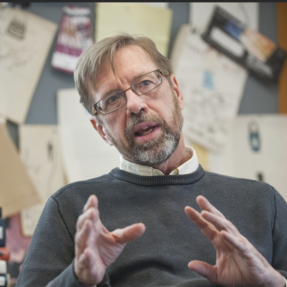 Philip Peake
Philip Peake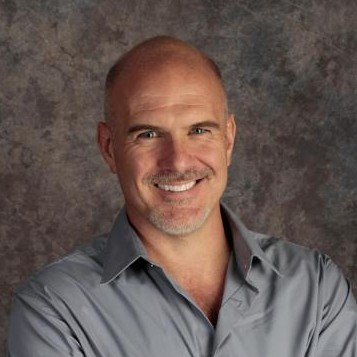 Michael Platt
Michael Platt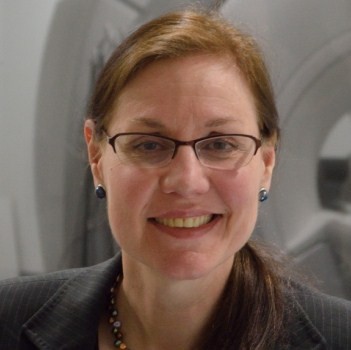 Valerie Reyna
Valerie Reyna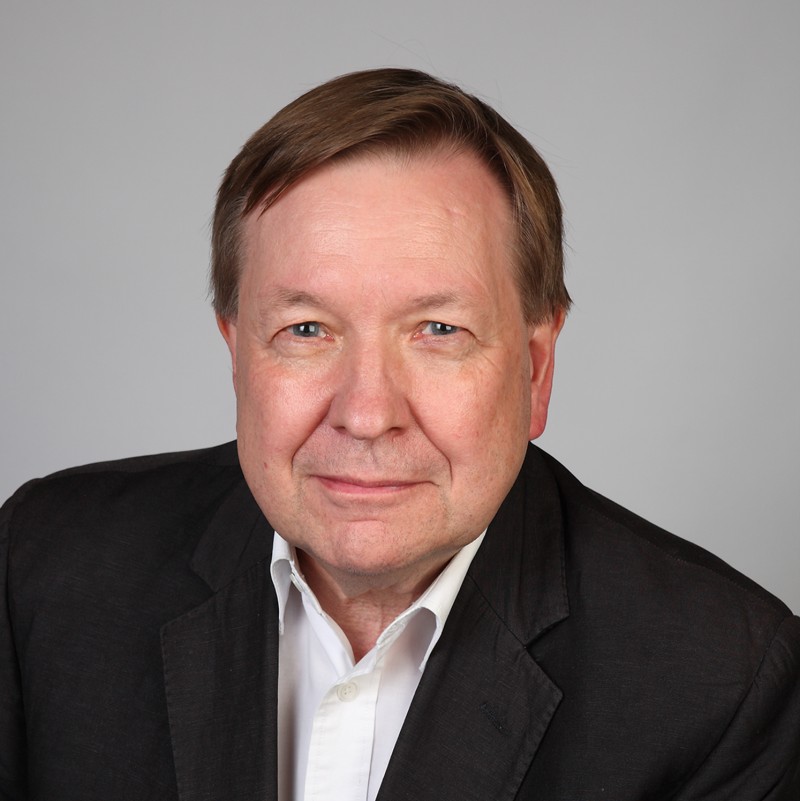 Trevor Robbins
Trevor Robbins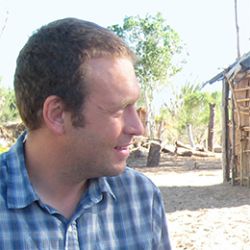 Bram Tucker
Bram Tucker